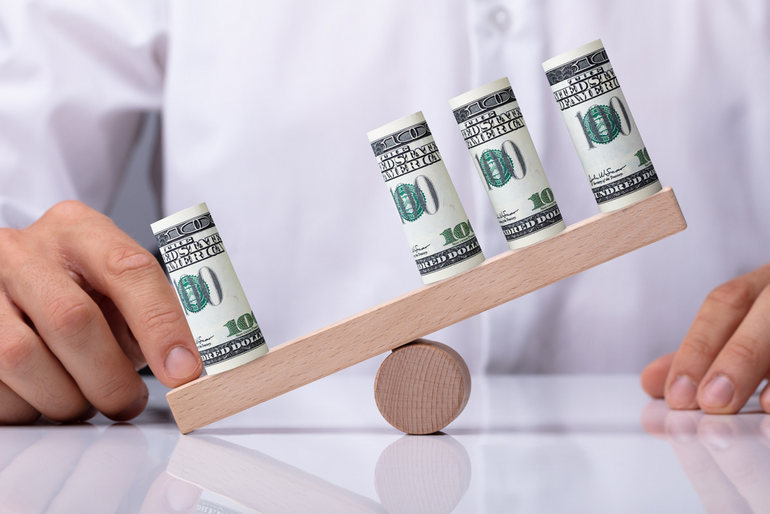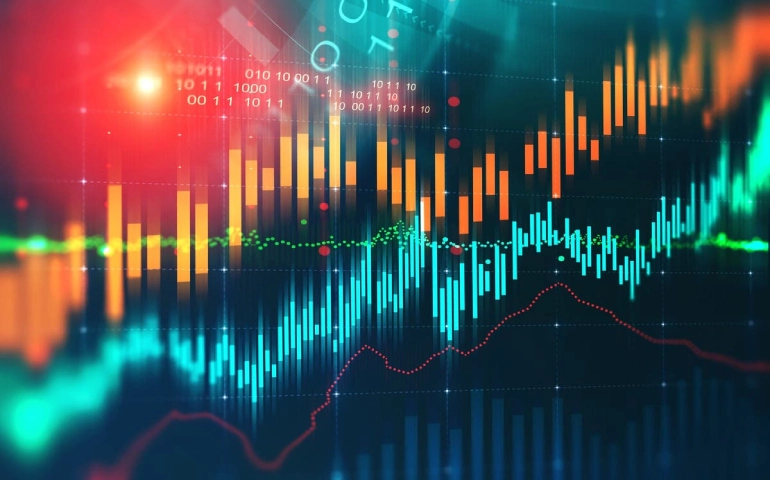One of the most important concepts in the market is forex leverage
 26 / 08 / 23
Visitors: 326
26 / 08 / 23
Visitors: 326
One of the most important concepts in the forex market is currency trading, which makes trading financial assets accessible to most traders with small deposits. Thanks to this concept, you can handle much larger amounts than you have in your trading account when speculating on currencies. Newcomers to the forex market often ask questions about this concept: What is leverage in Forex, how does its size affect risk, and how do I use it? We will try to answer these questions in this article.
Leverage in Forex allows a trader to borrow money from a broker to trade because professional trading in international financial markets requires a large sum of money. When you open an account on the broker's website, you are advised to choose a multiplier in order to increase your trading possibilities in proportion to the amount of your deposit, for example 1:20, 1:50, 1:100 or 1 :1000. If you have a deposit of $1,000 and you choose 1:100 leverage, you will be able to manage a capital of $100,000 with the money in your trading account.
When you open a leveraged forex account, you are actually borrowing money from a broker who allows you to use the extra funds to trade in the market. Unlike bank loans, the procedures are much simpler and you can borrow the amount you need at any time. For example, if you have 2,000 USD and want to open a trade of one lot, which equals 100,000 units of the base currency, you can trade for 200,000 USD with a leverage of 1: 100. This is advantageous for the broker because he only risks his own money, which serves as collateral. However, if the price of the financial instrument starts to move in the opposite direction, the funds you have deposited as collateral will decrease, especially if you entered the market with a large volume.
Many traders mistakenly believe that high leverage in the forex market automatically means high risk, but this is not entirely true. Ultimately, it is up to the trader to assess the security of the trade and it is his personal responsibility. For example, a trader with leverage of 1:1000 can take much less risk than a trader with leverage of 1:100. Leverage allows larger volumes to be traded, but the choice to use this possibility is up to the trader. The risk of trading depends on the lot size and the number of trades open at the same time. As long as the money management rules are followed, even high leverage does not pose significant risk.
There are only a few instances where high leverage can benefit a trader. In either of these cases, if you have an aggressive trading style and want to increase your stakes quickly, you may need the highest possible leverage. However, since high risk is often associated with great opportunity, such an approach can also lead to significant losses.
Another situation in which a trader may need leverage of 1:200 or more relates to the Martingale technique, in which a trader opens a large number of orders in series. In this case, regardless of the capital, it is necessary to be able to quickly enter the market after a certain distance from the previous transaction.
Most brokers offer a wide range of leverage to meet the needs of conservative and aggressive traders. For example, some brokers offer standard and penny accounts with a leverage of up to 1:1000 and a professional account with a maximum leverage of 1:200. However, even with such high leverage, most traders do not realize their full potential, as it is too risky.







